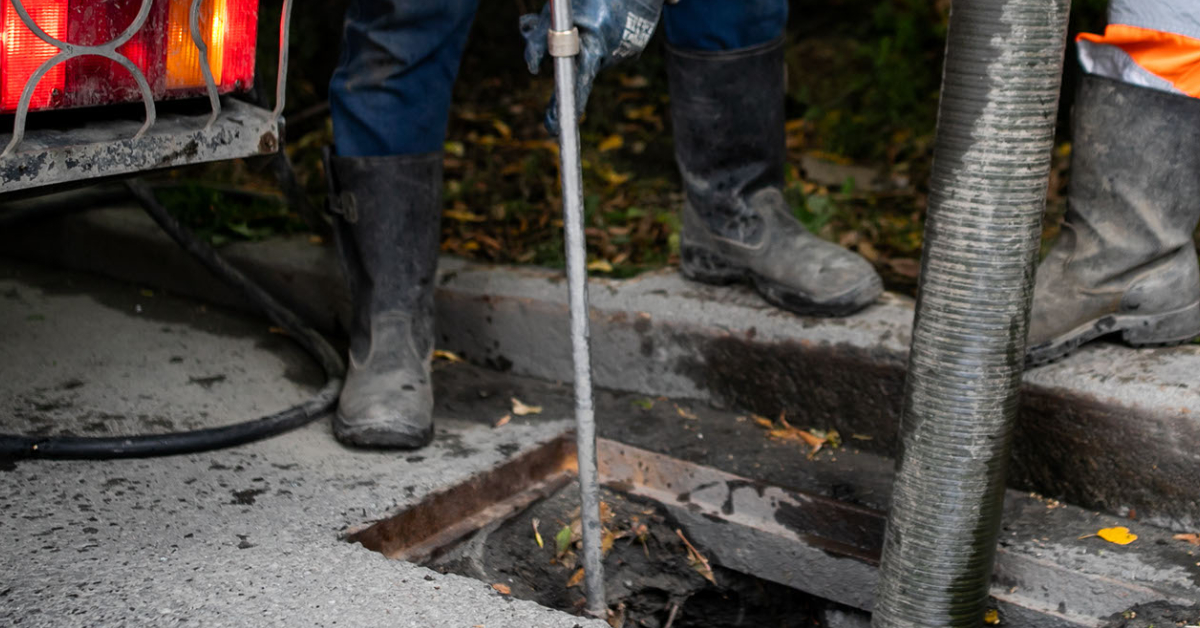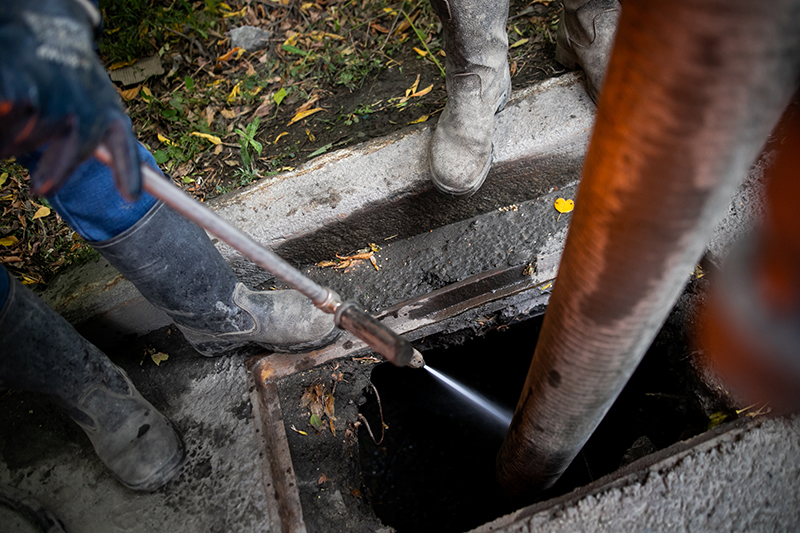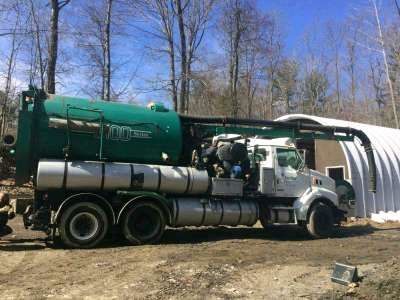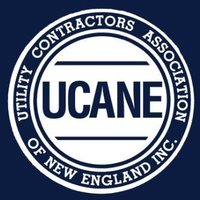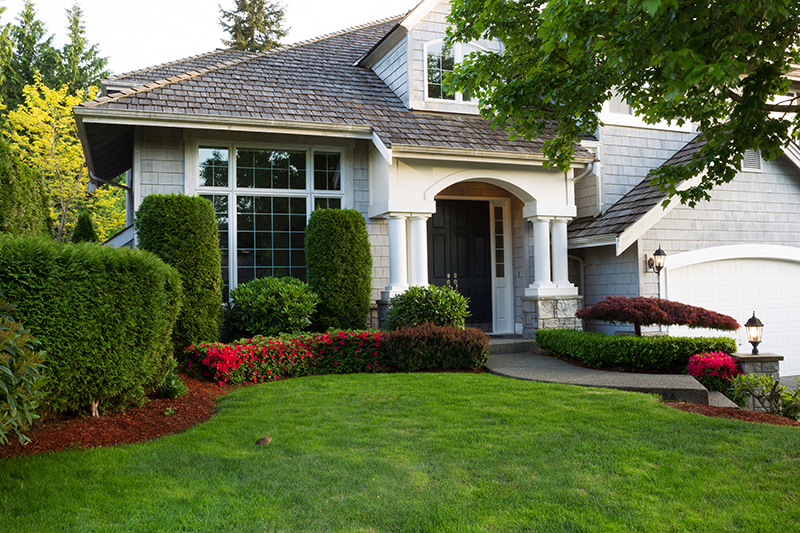
Part 1 of 2
Did you know that many of the items you put down your drains on a daily basis are actually causing your plumbing pipes to clog? For example, cooking grease, coffee grounds, hair, and soap scum are some of the biggest culprits. Clogged plumbing pipes can cause a significant amount of problems. In the minimum, it will slow down the draining process, meaning that standing water will remain for longer than normal in sinks and tubs. Eventually, the clogs will cause nasty wastewater to back up into your home.
In the worst-case scenario, the clogs will cause pinholes and cracks in your plumbing pipes. This can lead to water leaks. In essence, the plumbing pipes will need to be repaired or even replaced, which is extremely expensive. The good news is that the following information will provide you with a few practical ways to prevent clogged drains at your home.
Do not dump grease or coffee grinds down the drain. Two of the worst things you can pour down your drain is grease and coffee grinds. Warm grease runs down your drain until it cools in the pipe, where it congeals to start forming a clog. Then other stuff gets stuck in it, and before you know it you have a major clog on your hands. The best solution is to avoid pouring any grease or oil down your drain. Just keep a jar handy to collect the grease, and throw it into the trash when it gets full. Coffee grinds can act like cement in your drain and plumbing pipes. Throw them in the trash, or better yet, add them to your compost pile instead of washing them down the drain.
Catch hair before it reaches the drain. Hair and soap combine in your tub or shower drain, and create clogs that could end up requiring hiring a professional plumber to remove. However, you can avoid that task by catching the hair before it actually reaches the drain. There are various sizes of mesh screens available for this very purpose. Another option is to replace the stopper assembly with one that includes a built-in screen.
Pop-Up Stopper. The pop-up stopper on your bathroom sink is a magnet for hair, dental floss and other nasty stuff. That is actually a good thing due to the fact that it keeps all of that out of your drains. However, allowing this waste to build up for too long can cause the sink to drain slower and slower and eventually not empty at all. When the water flow slows down in a significant manner, clogs in the drain lines can form far more easily. When you notice that your bathroom sink is draining slowly, remove the stopper and clean it. Most pop-ups can be installed in two ways.
They can either be hooked into the pivot rod that lifts them, or simply rest on it. If your pop-up stopper is hooked in, you will need to unscrew the nut on the back of the tailpiece, which is located under the sink. Then pull out the pivot rod to release the pop-up. When you reassemble it, try reinstalling the rod without running it through the hole in the pop-up stopper. Then drop the stopper into the drain hole. In most cases, it will work fine this way, and you will be able to remove the pop-up stopper for cleaning without removing the rod. You can also update your bathtub drains using a similar mechanism.
To Be Continued….
If you have any questions about clogged drains at your home, or would like to schedule service we are happy to help. Jolin Paving & Excavating, Inc. is your New England connection for a vast variety of environmentally related services. Our company has been serving Boston Massachusetts, Southern NH, VT & ME as well as Northern CT & RI since 1952. Please Contact us to learn more today.
continue reading

